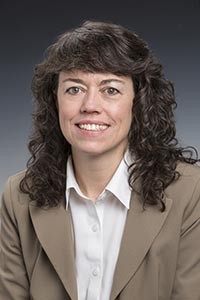
By Donna Schantz
Executive Director
The Council is pleased to say that the recent transition of prevention and response services to Edison Chouest Offshore will bring many improvements in Alyeska’s capabilities to protect Prince William Sound and its downstream communities. Alyeska and the Prince William Sound oil shippers are to be commended for their significant investment and commitment in the new vessels, equipment, and crews.
Details provided by Alyeska show that the new vessels, built specifically for Prince William Sound, will have new technologies to improve safety for the crews and boost spill prevention and response capabilities. A few notable examples include:
- The new render-recover winches which the Council has been promoting for years
- Response barges with decks specifically designed to deploy and retrieve oil skimming equipment, maximizing safety for crews
We recognize and appreciate the details about the safety enhancements we have seen so far.
